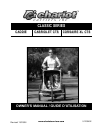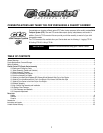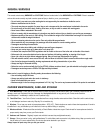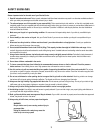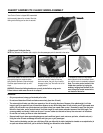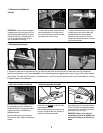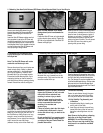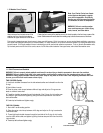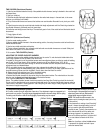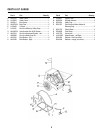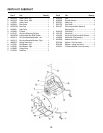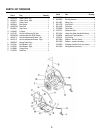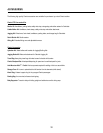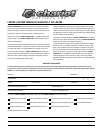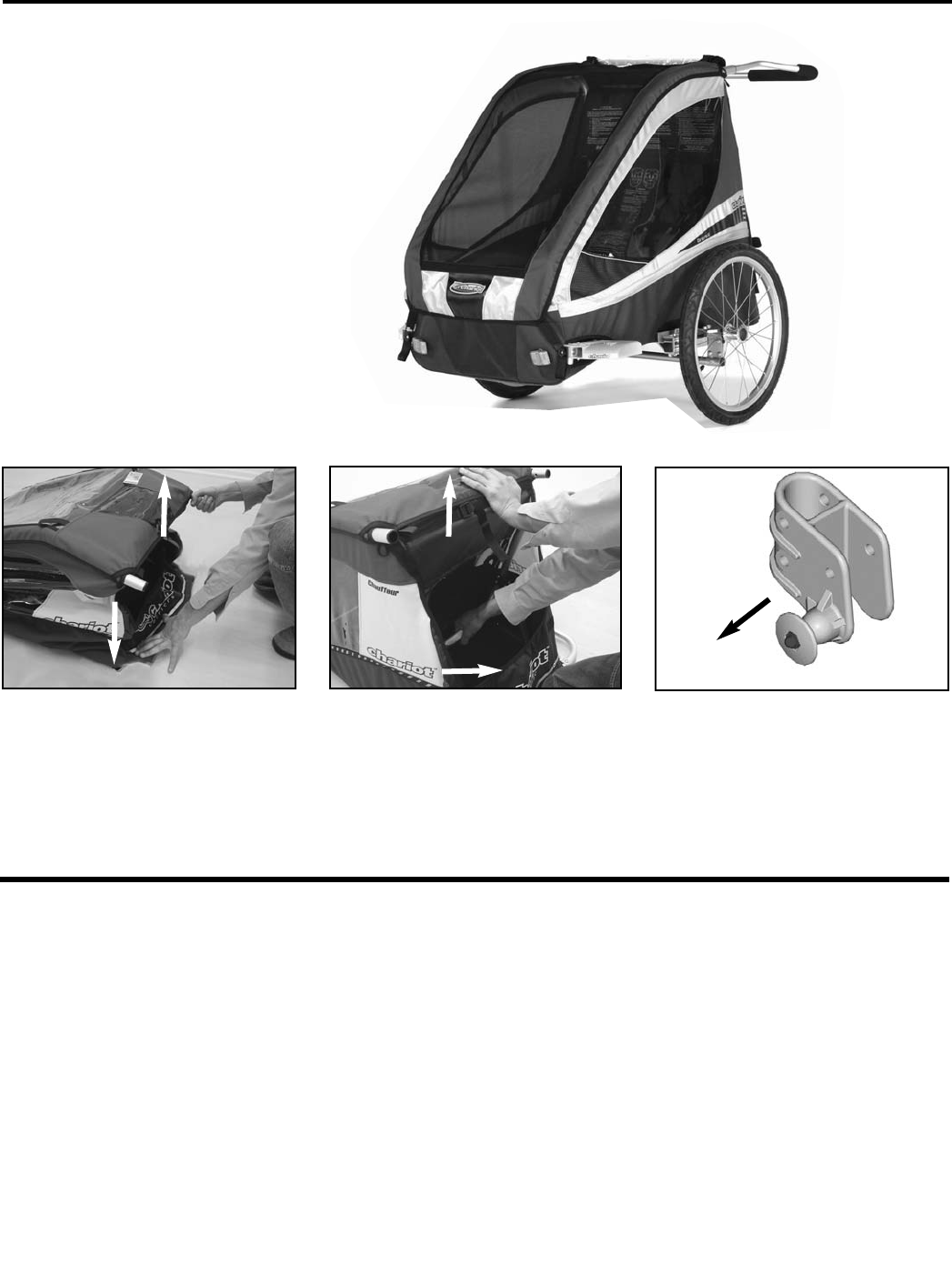
CHARIOT CARRIER CTS CLASSIC SERIES
CHARIOT CARRIER CTS CLASSIC SERIES
ASSEMBL
ASSEMBL
Y
Y
Your Chariot Carrier is shipped 99% assembled.
Initial assembly takes a few minutes. After that,
folding and unfolding can be done in seconds.
Remove the wheels, the hitch arm, and the
high visibility flag from inside the trailer
body. Stand at the back of the trailer body.
Grad the upper frame and pull up until it
stops.
Reach into the back flap and pull back on
the inner bar until it "snaps" all the way
back over center. Use your hip or knee for
leverage to help "pop" the trailer into its full
upright position.
1.0 Erecting and Folding the Carrier
NOTE: Any reference to orientation (left or right) is from the passengers point of view while in the carrier.
To collapse the carrier, pull the release
disks and push on the curved back frame
bar until the carrier is completely collapsed.
WARNING: Ensure that folding brackets are correctly locked before using carrier.
Failure to do so could cause the carrier to collapse.
Note: The carrier can be secured in the
folded-down position by looping the
webbing, hanging from the back of the
seat, through the buckle located at the
rear bottom of the trailer.
WARNINGS:
- Only an experienced, strong cyclist should pull a trailer.
- Do not travel faster than 25 km/h and take corners slowly (less than 10 km/h).
- The extra weight will make your bike less responsive. You will need to ride slower. Because of the added weight, it will take
longer to get up to speed and you will need more distance to stop. While riding down hill with a trailer you will gain speed more
quickly. You will need to use your brakes early and often to keep your speed under control. Remember to apply the rear brake
before the front brake, and to use both brakes. It will take longer to cross streets and paths because of the extra length. Turn
corners gradually and slowly. A trailer can tip over if a corner is taken too fast and too sharp. Use extra care in all situations.
- Do not ride over curbs, pot holes or other road hazards.
- Stop and walk bicycle when approaching dangerous road conditions (gravel, sand, wet areas, pot holes, railroad tracks, etc.).
Using the trailer off-road can damage the trailer and injure you or your passengers.
- Take a practice ride before you take your child along. Ride your bike with the trailer (weighted to simulate an occupied trailer) in
an open area without traffic until you are skilled in handling your bike with a trailer attached.
4



